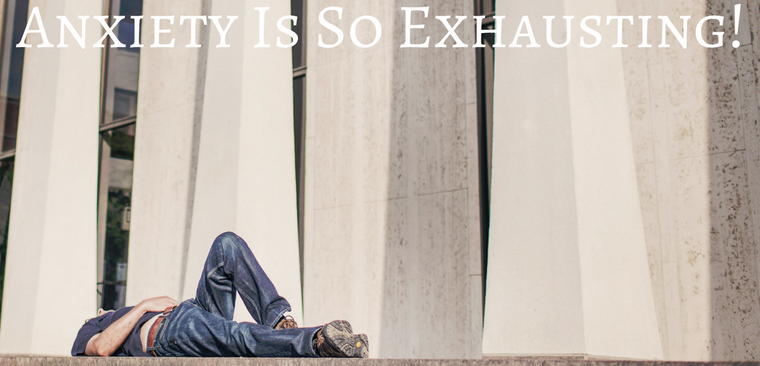
You are at a wedding and find yourself sitting next to your nuisance neighbour. You don’t mind him, but all he does is argue. He has to be right and he has to have the last word. Also, whatever you have done, he has done better.
If you’re left wing, he will argue for the right wing. You enjoy football, he will explain to you why rugby is better. You think breakfast is the most important meal of the day he thinks its dinner. If you have been to New York once, he has been twice. He is a nice guy, but he will argue about everything and anything. He has to be right!
You find yourself say next to your nuisance neighbour and there is nothing you can do about it. You want to enjoy your meal and evening and under no circumstances do you want to sit and argue.
You can’t escape!
What do you do? You can’t move seats and you don’t want to avoid the meal so you have to sit next to him. But how can you sit next to someone that argues for argument’s sake about anything you will talk about.
You could try ignoring him, but that just makes him talk louder and be more persistent. You could tell him you don’t want to argue, but he will then argue that you don’t have the nerve to voice your own opinion. You could yell at him and tell him to shut up, but that is angry arguing. You could wait for him to say something that is clearly wrong and then point that out to him, but he never admits to being wrong and has an answer for everything so you will get caught in an argument. What can you do in this scenario? Well, what is the opposite or arguing?
Humour him?
How about you attempt to humour him? You can agree with everything he says, be it true or false. If his main objective is to argue and you don’t argue what is likely to happen? He will eventually give up trying, or find someone else’s ear to bend. By humouring someone do you give anything up? No.
Do you want an arguing, confrontational relationship with this man or would you prefer a humouring relationship? You would like there to be a third choice – he doesn’t argue but that one doesn’t exist. You only have these two choices and its obvious which one is better.
What to do?
Dealing with this nuisance neighbour is exactly like dealing with worrying thoughts and emotions. If you take the bait, you end up getting embroiled, when you just want to be peaceful. But on the other hand, if you get into the habit of humouring your worrisome thoughts you can increasingly pass over the invitation to argue without becoming involved. You can play with the thoughts rather than work against them. This sounds counterintuitive, right? That’s good because that’s what we have to do. Rather than trying to stop the thoughts, humour them and let them be.
How do we humour thoughts?
Hear the thoughts, accept them, and then exaggerate them. I helped a lady use this technique and the following week she came back and told me this story. One of her symptoms of anxiety was weak legs. She had found herself feeling claustrophobia in a work meeting. Rather than allowing her thoughts to go wild, she accepted them. She then humoured them. She knew she was not in danger and that it was a false alarm. She thought how funny it would be if she stood up to find her legs fell off. She then proceeded to fall into the table. Everyone’s half-drunk teas and coffees went everywhere. She then proceeded to hit her head on the table and the first aider placed a huge cartoon style bandaged on her head. They then took her picture which then appeared in the monthly company newsletter!
Take control!
What the lady had done, was chosen her reaction to those thoughts and feelings. She didn’t allow her unconscious reactions lead her. This conscious reaction to exaggerate the issue put her in control of the situation. This meant that the worry couldn’t sneak in and make her worry further.
She mentioned that she did this a few times and when she felt her legs go week she simply didn’t care anymore. What had happened is her relationship with worry changed and it couldn’t bait her anymore because she simply didn’t care.
Troll the troll!
Humouring your own thoughts is basically trolling the troll in yourself. You are the Nuisance Neighbour! Imagine being on twitter and someone says something uncomplimentary about you. Rather than responding, which is what the troll wants. You do the opposite, eventually they give up.
It is very important to make sure that you consciously exaggerating and are not catastrophising. If you make this mistake you will end up worrying more. It’s about making it so unbelievable that it becomes silly and funny.
Let me help you put to bed those worrying thoughts, contact me here








